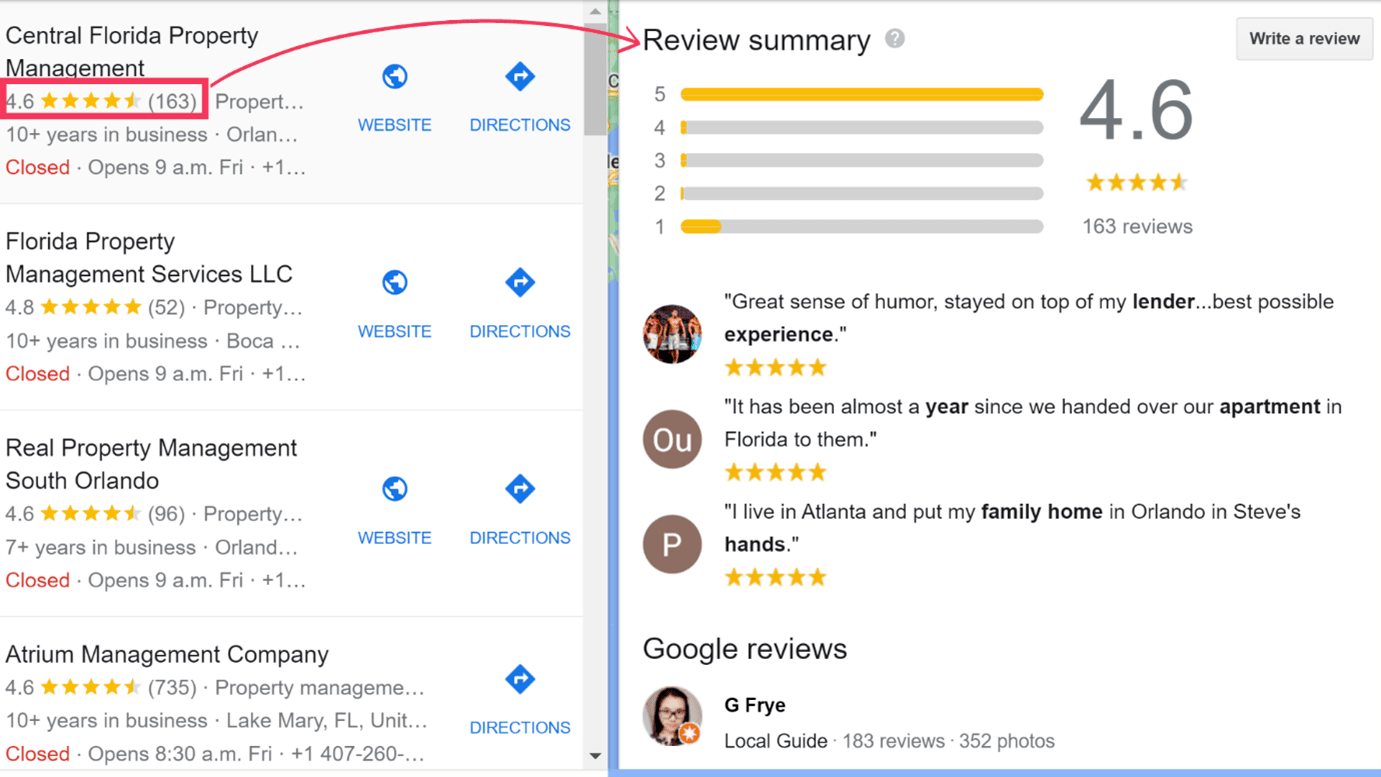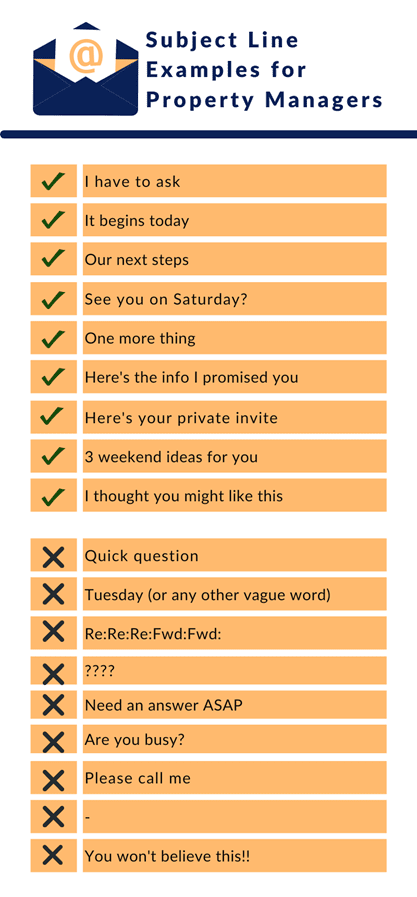The property management industry is steadily growing at a consistent rate of 2.5% per year with the total number of companies in the US now exceeding 300,000. Needless to say, each year the industry becomes more competitive and it has become vital to invest in strategic marketing to close more doors.
Annual digital advertising spend is expected to hit $640 billion by 2024 and already accounts for 88% of the marketing budget for most companies.
.png)
According to our research, 70% of a leasing team’s time is consumed with manual tasks such as responding to inquiries and managing guest cards. An AI platform such as LetHub can take those tasks off your list and save you 40 hours per month. The time that could be spent on strategizing your property management marketing plan!
Here are some property management marketing ideas to help boost profitability:
A successful marketing plan for property managers covers four grounds; reach, impact, engagement and conversion. In 2022, the best way to achieve this is through digital marketing. It is cheaper, the results are measurable and it provides the opportunity to penetrate new markets.

1. SEO for Property Management Marketing
Property management search engine optimization (SEO) encompasses all practices undertaken to increase traffic from search engines towards a website. You can expect the return on investment (ROI) from your SEO efforts to be minimal in the beginning but once you are able to secure a good ranking on search engine results pages (SERPs), it will increase multifold and require less investment in the future.
On site SEO entails optimizing your property management site for better search engine ranking. Here’s how you can improve your on-site SEO in three minutes today:
- Adapt your website for mobile use
- Make it easy to accessible and visually appealing.
- Ensure there is only one H1 heading and the remaining headings follow a subsequent order.
- Add keyword rich content throughout your website (And yes on your home page as well!)
- Bonus tip: don’t forget to add keywords to your Meta description and alt text in your images.
.png)
Off-site SEO involves all the efforts you can make as a property manager to increase your website’s ranking, without making any direct changes to the website itself. For example, asking your clients to leave reviews on your Google Business profile will help you appear more credible and improve your ranking.

Local SEO strategies help make your property management business more visible on searches conducted by homeowners in your area.
‘46% of all Google searches want local results and 88% of those call or visit the business within 24 hours’.

Here are a few tips to improve your local SEO:
- Create a business profile on Google My Business with your location and contact details listed clearly.
- Partner with local businesses to build brand recognition. For instance, you can put up your flier at popular restaurants.
- Frequent local events, especially those targeted towards local business owners. This will help you build relationships you can later leverage to procure more clients.
2. Content Creation
As a property manager, you should produce on demand content that is informative and generates interest to attract homeowners to your website.
We recommend publishing new content at least twice per month. You can use platforms like Answer The Public to gauge query topics and create copies that are clear, concise and updated. Here are some popular ways to put out content:
- Blogs
- Guides
- Video tutorials
- Podcasts
- Webinars
- Webpage answering FAQS
- Customer testimonials
3. Networking for Property Managers
Networking is an important property management marketing strategy. It makes more people aware of your business and you can leverage your connections to get more clients. It can generate traction for your own website. Return on investment (ROI) is also reported to be higher on in person meetings.
- Host/participate in events to build rapport with other property managers.
- Collaborate with other businesses.
- Capitalize on local connections.
- Develop good relationships with professionals e.g. plumbers.
- Refer leads to other property manager’s if you can’t help them to generate goodwill.
4. Email Marketing
Successful property management advertising should help garner an extensive email list of potential and existing leads. You can then implement email marketing with the intent to acquire, retain, promote or inform. Here as some ideas for the kinds of emails you can send out:
- Monthly or weekly newsletters.
- How-to guides.
- Links to newly published content on your website like. Include excerpts or infographics to generate interest.
- Updates on new services and offers.
- Discount or promo codes.
- Referral Emails – ask to be referred to a friend in exchange for an incentive.
- Tools like Mailchimp, Hubspot and Drip can carry out an effective property management email marketing plan.
Unfortunately, the average open rate for emails in property management is only 19.7% and the click through rate is even more dismal at 1.77%.
For email marketing efforts to actually reach fruition, you should try to make the subject line as enticing as possible to secure a high email open rate and the call to action even more convincing for a decent click through rate.

5. Paid Marketing for Property Management
Marketing for property management can require a little investment at times. Paid Marketing refers to carrying out paid campaigns on digital channels to target specific audiences, segmented on the basis of their online presence. You can implement paid marketing strategies on search engines, third party websites, and social media.
Pay Per Click (PPC) Advertising is the most common form of paid marketing. It means you pay each time someone clicks on your website link or ad copy.
You can set a budget and maximize ROI by ensuring the ad reaches the right audience. The cost per click (CPC) varies and can either be a fixed amount or calculated via a bidding model.
Search engines like Google allow you to bid for keywords that are relevant to you e.g. property management software and that allows your website link to appear on the top of the search engine results page (SERP).
.png)
PPC is effective because it helps target people based on their demographics, interests, location, previous purchases and keywords they frequently search for.
You will need to keep on updating the property management ad copy till it is optimized to generate the most leads through a method called A/B testing. This is why PPC leads are 50% more likely to convert than organic visitors.
Social media uses the same segmentation method and displays your ad to audiences who fit your specifications. They appear as sponsored ads. Property managers can also opt to advertise on third party websites where they show up as banner ads.
Is paid marketing worth it?
Our answer – YES! Paid Marketing has one of the highest ROIs on marketing dollars. According to a Google Economic Report, businesses make $2 in revenue for every $1 they spend on Google Ads. Property Managers like you will benefit hugely from investing in paid marketing as it will increase your reach and bring in more leads. It will also give you the opportunity to grasp a greater share of the market and generate more revenue.

6. Online Reputation Management
.png)
Homeowners are more likely to opt for property managers who come off well on social platforms, making Online Reputation Management a priority. COVID-19 too, has made the internet the primary method of research for many.
Some effective Online Reputation Management (ORM) practices are listed below:
- Ask clients to leave reviews.
- Tackle any negative reviews instantly
- Have well-trained customer relationship management (CRM) team.
- Get listed on review sites like Homes.com and movoto.
- Guest blogging – featuring on other relevant websites by giving interviews.
- Have a business profile on Google with reviews.
7. Social Media for Property Management Marketing

There are 4.62 billion social media users worldwide as per the latest research and of these 58.4% actively spend money online.
Social media can be an important tool when marketing for property management. Property Managers can use social media to promote their business, engage with homeowners and generate leads. They can start by choosing the right platform. Facebook, Instagram and LinkedIn are the recommended social media channels for property management.
Here’s how being active on social media helps you:
- Increases visibility and builds trust.
- Aids SEO efforts if you include the links to your website.
- Provides the opportunity to engage with customers by asking questions and responding to comments.
- Gives you the chance to repurpose content. You can share snippets of podcasts or excerpts from blogs previously published.
- You can use stories to share details about your operations to portray transparency.
8. Non-Digital Property Management Marketing
Non digital property management marketing is of course still prevalent and is the preference for some property managers. However, it is steadily losing importance and can be unreliable.
The daily average time spent on traditional media has declined rapidly, as opposed to digital media whose daily usage in the US is expected hit 8 hours this year (2022).
.png)
Yard signs, public notice board posters, fliers and newspaper/magazine ads are examples of print ads. Even though they generate some leads, they can attract squatters and become an issue if they are posted without permission.
The return on investment for these ads also tends to be low, given that there is no way to control whom it targets and often attracts unreliable leads.
Referrals from clients, friends and associates is perhaps the most effective of these methods. Property managers should work on effective referral programs with their clients.
How much should you invest in property management marketing?
A property manager can analyze the media channels being used by competition and try to assess their effectiveness. This can serve as a basis for their own property management marketing plan. Property managers should also establish a feasible property management marketing budget before they begin. Here’s a simple three step guide to establish one:
- Set Marketing Goals
Different goals require different investment levels e.g. growth requires a higher investment.
- Set a budget
A simple way to achieve this is to dedicate a set amount for each step of the marketing funnel.
- Analyze, Optimize, Repeat!
Getting an owner lead is the first step of your growth cycle. As a property manager you need to constantly monitor your conversion rates, and optimize your messaging strategy to get the best results. A/B test everything and keep a close eye on analytics!
Your Game
